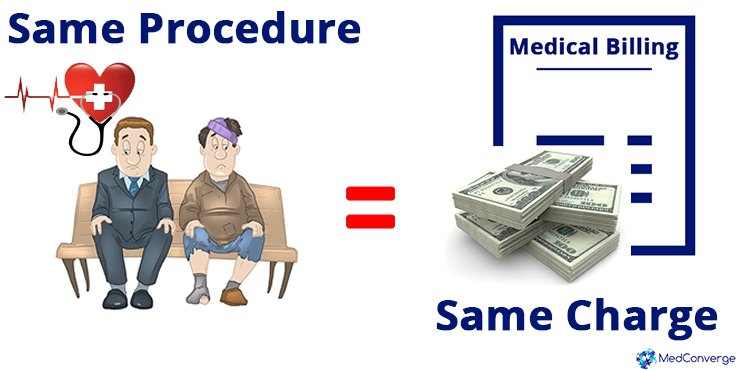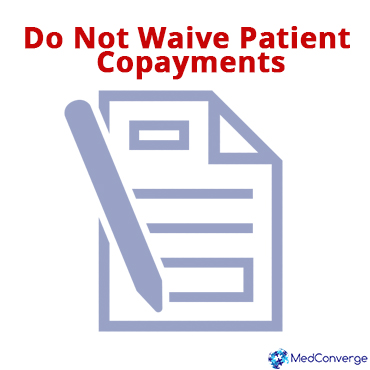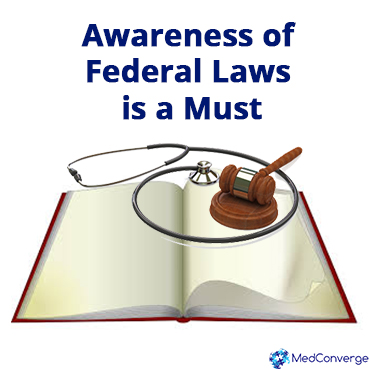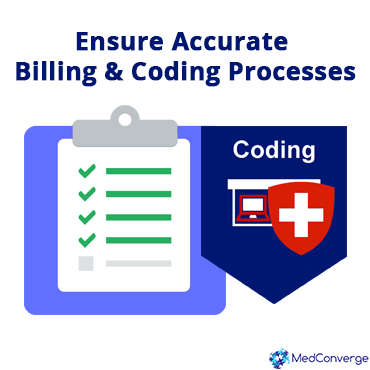Have you ever been a victim of medical billing fraud? Medical billing fraud, especially those related to insurance billing are far more common in practices than you would think. There are cases of willful fraud committed as well as those that are committed without even knowing it. In either case, the onus of the fraud and its legal consequences rests on the practice. How can you prevent these from taking place at your practice? Well, here are certain things you can do…

Same Procedure – Same ChargeThis is one of the most common mistakes – charging different amounts for the same procedure based on insurance allowed. In order to avoid having to post insurance write-offs on a patients account, healthcare facilities often charge different patients dissimilar amounts for a similar procedure or treatment. Make sure that this practice is avoided at your facility. If you wish to offer a discount to a patient due to their financial hardship, do so by asking the patient to complete a financial hardship form. Remember, every patient needs to be treated the same and must be charged the same amount for the same procedure.

Patient Co-payments
Your heart wants to reduce the amount due from a patient undergoing financial hardship and you waive off the patients copayments – don’t! Your waiving off a patient copayment amounts to medical billing fraud, as it violates your insurance contract. This is also seen as taking unfair advantage over other practices and an attempt to woo patients to your practice. Ask the patient to fill the required form to avail a hardship discount.

Federal Laws
You may not be a lawyer, but it is important to know the laws that apply to your practice and follow them to the letter. For example, under the False Claims Act, it is illegal to submit claims for payment to Medicare or Medicaid, which you know, or should know, to be false or fraudulent. Any infringement of this law could lead to hefty fines, repayment of up to three times the amount and also criminal penalties. Another example is the Anti-Kickbacks Act, under which rewarding another physician monetarily for referred patients or receiving gifts or money in return for prescribing certain medicines is punishable under both civil and criminal statute. It makes good sense to be aware of these and other laws – and stay clear of infringing them.

Accurate Medical Billing and Coding
Entering the wrong code will likely cause your bill to be rejected. However, depending on the error, it could also be seen as ‘up-coding’ that is billing for a more costly procedure or service than the one provided. It may be a genuine mistake, but the onus will finally fall on you and you will need to prove that this was a mistake and not an intended medical billing fraud. With the implementation of ICD-10, the number of codes has gone up, thus creating more chances of such errors. Double check all bills before they are submitted and ensure that your staff does that too.

No comments:
Post a Comment